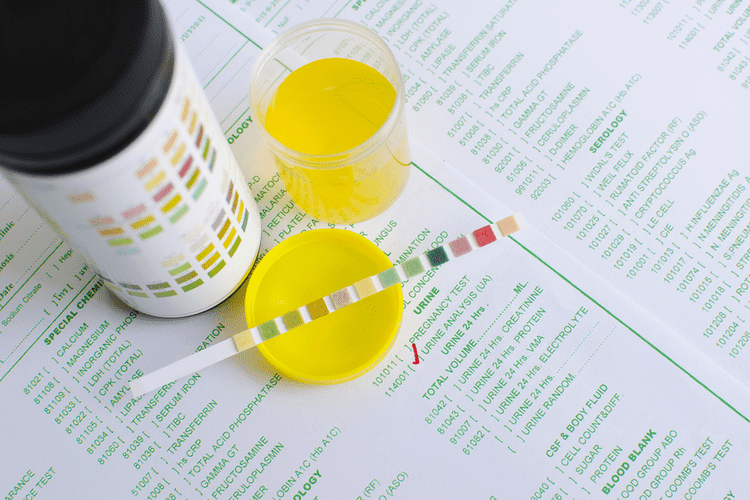Keep reading to learn more about the causes, risks, and benefits of throwing up after drinking alcohol. This article also covers remedies and treatments for throwing up from drinking alcohol. No matter what type of drink you prefer, it’s vital to http://regeneratedprotein.ru/?page=34 drink responsibly. You may still experience the effects of drinking alcohol, but with a better understanding of what it means when you get drunk, you can minimise your symptoms. Do you know someone who always seems to black out after drinking?

Overall though, Pennay doesn’t forecast a big post-pandemic swing back to boozing – if it’s normal now not to drink at age 17, it’s will be even more normal at 18, 19 and so forth. It’s the opposite now – Pennay finds that Gen Zers tend to opt to recharge their batteries during time off from work, or work on furthering their study or personal development. Part of the reason for the decline in drinking is that Gen Z appear to be more cautious than older generations, both in terms of their health and how their peers perceive them. A person should not force themselves to vomit during or after drinking, even if they feel nauseated.
Behavioral symptoms
Any person who enters this state has lost consciousness and could be at risk of further complications, including death. It is essential to distinguish falling asleep after drinking from entering an alcohol-induced coma. The former is common, as alcohol causes drowsiness, while the latter is serious https://islamvevrazii.ru/en/compatibility-in-love-relationships-and-sex-compatibility-aries-and-virgo-boring-alliance/ and requires immediate medical attention. When a person drinks alcohol, ethanol passes through the digestive system and enters the bloodstream through the linings of the stomach and intestines. If an individual drinks alcohol on an empty stomach, their BAC usually peaks within 30–90 minutes.
- Talking to loved ones about what you’re experiencing and sharing as much as you feel comfortable with can help them understand your distress.
- All of this to say, if getting drunk sounds like a form of harmless fun, think again.
- In this post, we will go over the signs and stages of intoxication and being drunk.
- Others may find themselves feeling more sad, irritable, or angry.
- Binge drinking or consuming excessive amounts of alcohol within a short period can cause vomiting.
- Once you are intoxicated, your judgment may be impaired, making it harder to control yourself and your emotions.
You may think that you’re sober once you’re able to walk in a straight line, but that doesn’t mean that you aren’t drunk. A person will enter the euphoric stage of intoxication after consuming 2 to 3 drinks as a man or 1 to 2 drinks as a woman, in an hour. You might have a slower reaction time and lowered inhibitions. Alcohol abuse and binge drinking are common, and they put many people at risk of alcohol poisoning, alcohol addiction, and chronic alcohol-related health problems. The experience of alcohol intoxication is different for each person. Those who have not experienced alcohol intoxication may wonder what it feels like to be “drunk.” It can affect mood, speech, judgment, and more.
Blood Alcohol Level Deaths: What to Know
You probably know at least one person who’s intent on screaming “I’m not drunk! “Sloppy drunks” tend to overdo the alcohol, leading them to appear disheveled and engage in embarrassing behavior while drunk. Some responses to alcohol, however, are more common than others. You might recognize some of these “types of drunks” in yourself or your friends. The symptoms of a hangover are most intense when the body’s BAC returns to zero. After eating half of your body weight, you slip into food coma.
- You don’t care if your friend loses his job or if your sister never sees her children again, you’re ordering more shots.
- For those who tend to black out when drinking, it can help to have trustworthy friends nearby keeping an eye out.
- We all know alcohol isn’t healthy for us, but it is ingrained in many aspects of our lives.
- In the Gaudiya Vaishnavism branch of Hinduism, one of the four regulative principles forbids the taking of intoxicants, including alcohol.
- The term ‘stupor’ is often used to describe a severely intoxicated state.
And no matter what “type of drunk” you are, if you find yourself drinking frequently and struggling to control your consumption, it may be a sign that it’s time to cut back. Since intoxication can lead to riskier behavior, blackouts can be dangerous. For those who tend to black out when drinking, it can help to have trustworthy friends nearby keeping an eye out.
Level 7: Death
Learn more about the short- and long-term effects of alcohol consumption here. People may feel euphoric while drinking alcohol because ethanol stimulates the release of dopamine, a feel-good chemical in the brain. This effect on the brain’s http://www.jacqinthebox.com/?utm_campaign=Mums-Guide-To&utm_medium=web&utm_source=hemel-hempstead-listing&utm_content=Jacqu%27in-the-Box-Drop-in-Musical-Fun dopamine system can lead to alcohol dependence. Alcohol intoxication occurs when a person drinks an excess of alcohol in one period. Keep reading to learn more about alcohol intoxication, including its causes, symptoms, and treatments.
Instead, it signifies that the body is getting rid of toxins in the alcohol. In the Church of Jesus Christ of Latter-day Saints, alcohol consumption is forbidden,[65] and teetotalism has become a distinguishing feature of its members. Jehovah’s Witnesses allow moderate alcohol consumption among its members. However, there are a few different stages of “drunkenness” that most people will experience. Considering that half of all college students report having blacked out at least once, this may not seem like a big deal. However, frequent blackouts can be an early sign of problem drinking or alcohol use disorder.
All of this can be frustrating if you have a loved one in recovery. You might even feel like they’re taking a step backward, not forward. But remember that this phase is a fairly normal part of recovery, and it won’t last forever.


